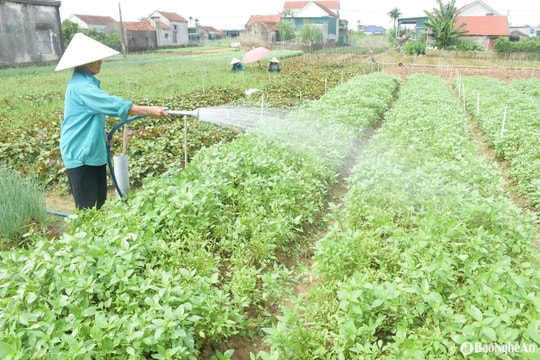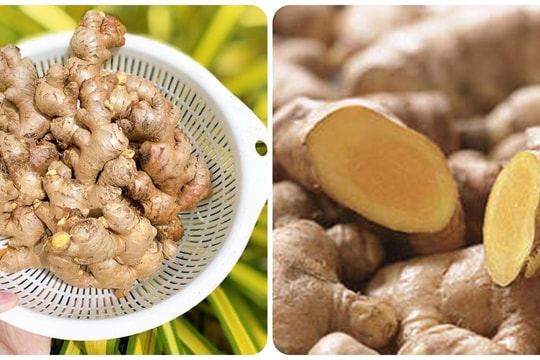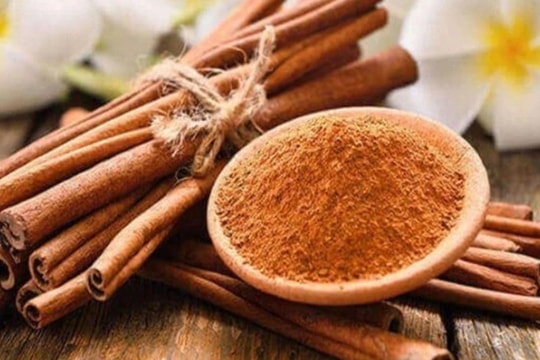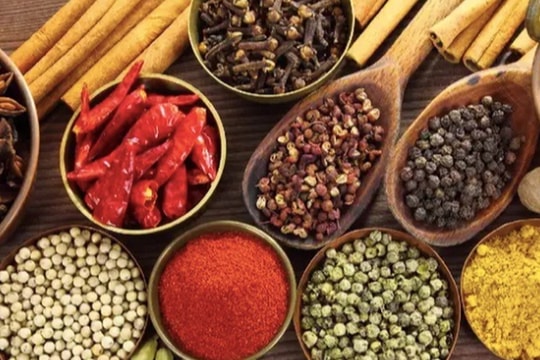10 popular spices that help cure diseases
Spices are often used as a side dish but can also be used as medicine.
According to specialist doctor Huynh Tan Vu, University of Medicine and Pharmacy Hospital, Ho Chi Minh City - Campus 3, herbs help enhance the flavor of dishes and also have the effect of curing some common diseases.
Vietnamese coriander
Vietnamese coriander is also known as water willow or green perfume; it has a special aroma, spicy taste, warm properties, and is non-toxic. This is an indispensable vegetable when eaten with eel porridge, balut, chicken salad, or used to remove the fishy smell in seafood...
In Oriental medicine, Vietnamese coriander is a medicinal herb that stimulates digestion, expels wind and cold, and is used to treat cold stomachaches, eczema, hemorrhoids, and poor appetite.
Dill
Dill (also known as Thoi La, Dong Phong) is often used to cook fish soup, eel soup, snail soup, the aroma of the herb overpowers the fishy smell.
In oriental medicine, dill is a popular medicinal herb. According to Nam Duoc Than Hieu, dill seeds and leaves are spicy, warm, non-toxic, regulate food, nourish the kidneys, strengthen the spleen, eliminate bloating, treat stomachaches and toothaches, stimulate appetite and improve digestion.
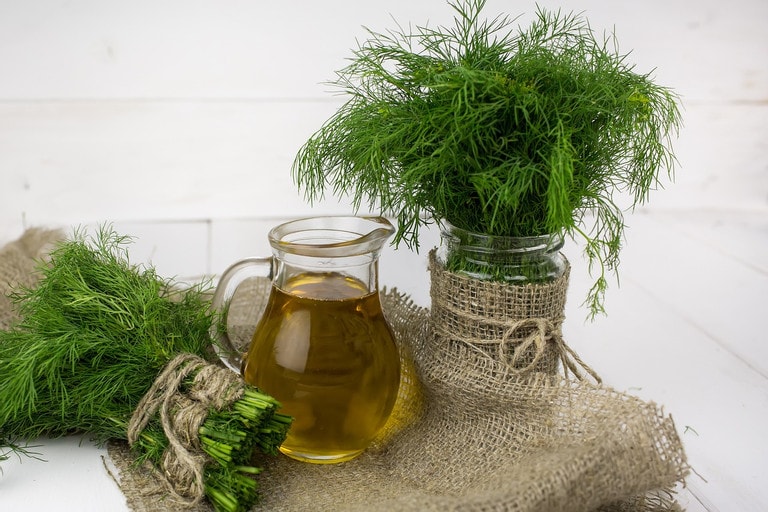
Coriander
Coriander (also known as Vietnamese coriander) has a spicy taste, warm properties, is non-toxic, helps digest food, treats wind, clears urination and defecation, and treats boils. This vegetable is commonly grown in the North and is often available in winter.
Coriander
Coriander (also known as spiny coriander or Vietnamese coriander) is commonly grown in our country and can be eaten raw, cooked in soup, and used as medicine. Coriander has a spicy taste, warm properties, and a pungent aroma. It reduces heat and dampness, clears impurities, strengthens the spleen and stomach, and stimulates digestion.
Lemon basil
Lemon basil (also known as the herb rau tan) can be eaten raw or boiled to drink. Lemon basil has a sour, pungent taste, warm properties, and is effective in relieving colds, reducing phlegm, detoxifying the lungs; treating flu, sore throat, coughs, and disinfecting... Traditional medicine production facilities often distill lemon basil essential oil in combination with other herbs to produce cough or flu medicine.
Basil
According to Oriental medicine, basil has a spicy, hot taste and a fragrant smell. The plant is effective in treating colds, fever, headaches, coughs, stuffy nose, bloating, and indigestion.
Basil
Basil (also known as mint) is in the same family as basil, is an effective medicine in treating colds and insect bites, helps digestion, cures flatulence, rheumatism, hiccups, clears the throat, cures mild sinusitis...
Lemongrass
People often eat lemongrass raw or use it as a spice to marinate dishes. Lemongrass has a spicy, aromatic taste, warm properties, is very good for the digestive system, helps sweat, is antiseptic, cures coughs, and is a diuretic. Lemongrass is also used to treat muscle spasms, cramps, rheumatism, and headaches.
Melissa
Not only a delicious spice, perilla is also a medicinal plant commonly used in traditional medicine. Perilla has a spicy, warm taste, and is effective in treating colds, bloating, and vomiting. The branches and leaves have a spicy, sweet taste and are effective in preventing miscarriage, preventing vomiting, relieving pain, and asthma.
Betel leaves
Piper lolot (also known as tat bat, belonging to the pepper family) is widely grown or grows wild everywhere. Piper lolot has the effect of warming the middle burner, warming the stomach, and treating vomiting due to cold. In addition, people often use Piper lolot to treat bone and joint pain, gynecological diseases, sinusitis, runny nose, and heatstroke...


